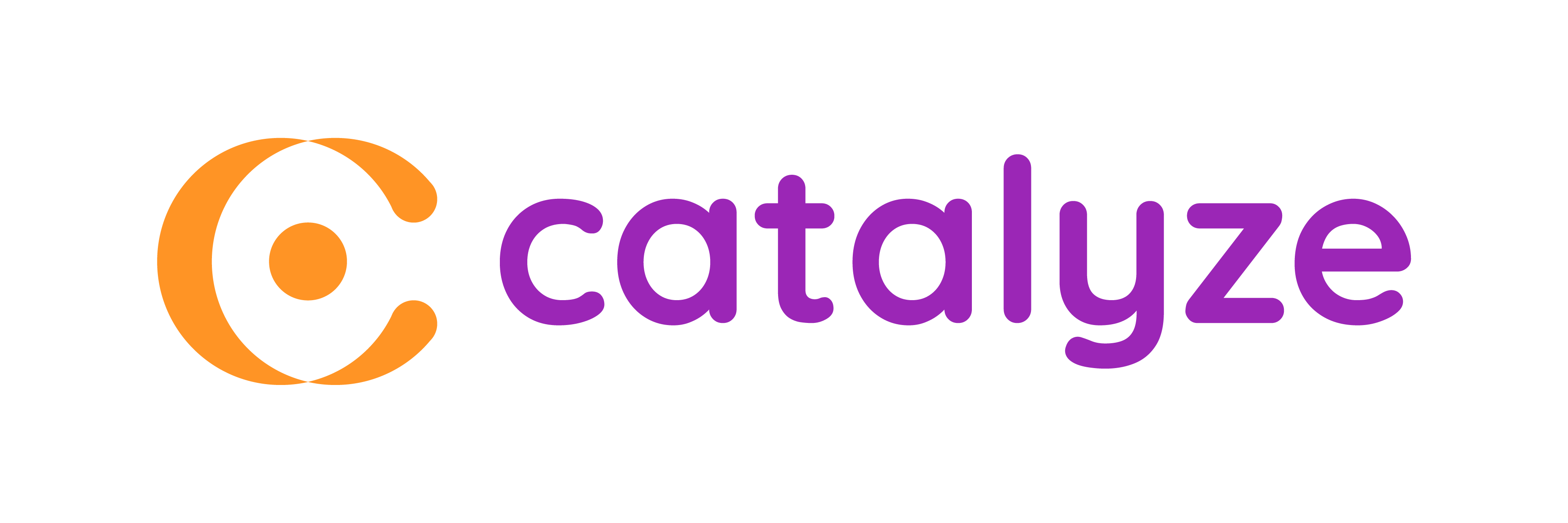Designing an IGCSE curriculum, pedagogy, and assessment strategy for students at Catalyze would involve tailoring the learning experience to meet the unique needs of students while aligning with the IGCSE framework. Here’s a breakdown:
Curriculum
- Subject Selection: Offer a diverse range of IGCSE subjects to cater to students’ interests and career aspirations.
- Integration of Core Subjects: Ensure a balance between core subjects like Mathematics, English Language, and Sciences, and elective subjects such as Business Studies, History, or Art.
- Cross-Curricular Connections: Design interdisciplinary activities to foster holistic learning experiences and real-world application of knowledge.
- Local and Global Relevance: Incorporate examples, case studies, and projects that resonate with both local contexts and global perspectives.
- Project-Based Learning: Integrate project-based learning approaches to encourage critical thinking, problem-solving, and collaboration skills.
Pedagogy
- Differentiated Instruction: Recognize and accommodate diverse learning styles and paces through personalized learning pathways.
- Active Learning Strategies: Utilize techniques like group discussions, debates, simulations, and hands-on experiments to engage students actively in the learning process.
- Inquiry-Based Learning: Encourage curiosity and independent exploration by posing open-ended questions and guiding students through the process of inquiry.
- Technology Integration: Integrate educational technology tools and resources to enhance learning experiences, facilitate research, and promote digital literacy.
- Scaffolding and Support: Provide scaffolding and support structures to help students gradually build understanding and master complex concepts.
Also Read: 10 Tips To Prepare For The IGCSE Exam
Assessment
- Formative Assessment: Implement regular formative assessments such as quizzes, class discussions, and peer reviews to gauge understanding and provide timely feedback.
- Summative Assessment: Conduct summative assessments at the end of each term or semester to evaluate students’ overall progress and achievement.
- Authentic Assessment: Design assessments that mirror real-world tasks and challenges, such as projects, presentations, and portfolio assessments.
- Rubrics and Criteria: Develop clear assessment criteria and rubrics to communicate expectations and standards to students and ensure fairness and consistency in evaluation.
- Self-Assessment and Reflection: Encourage students to reflect on their learning progress, set goals, and assess their own strengths and areas for improvement.
By incorporating these elements into the curriculum, pedagogy, and assessment practices, Catalyze can create a dynamic and student-centered learning environment that prepares students for success in the IGCSE examinations and beyond.









